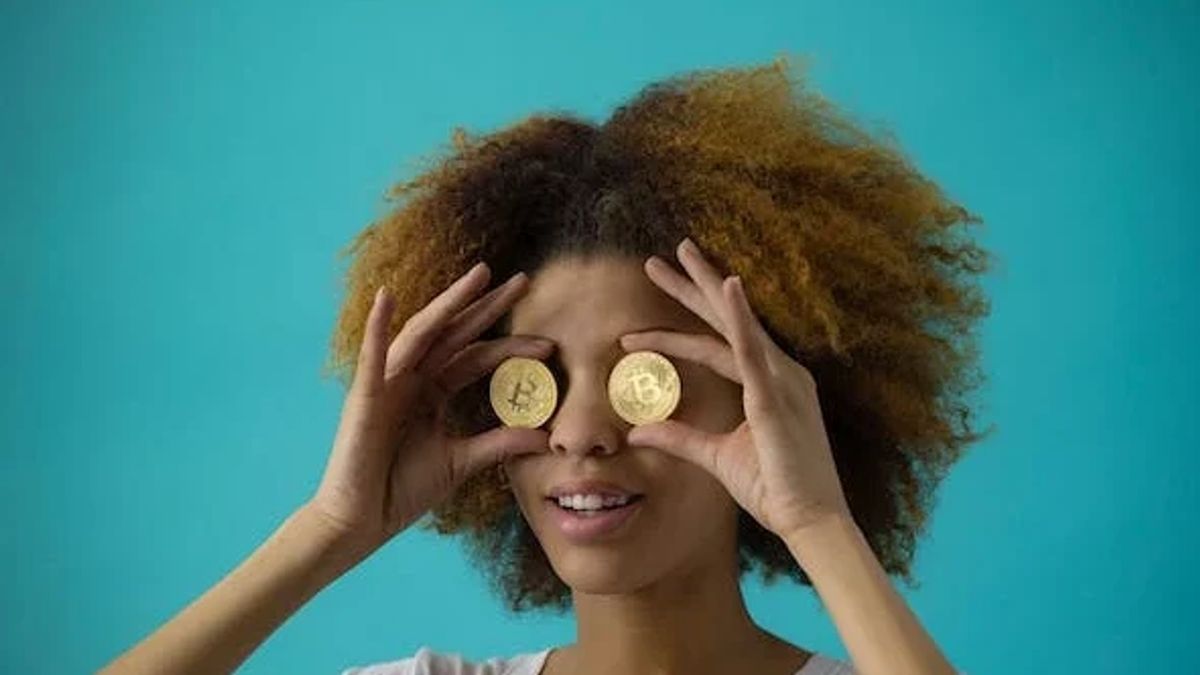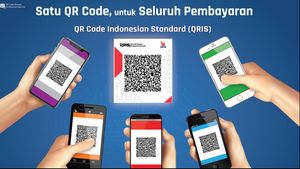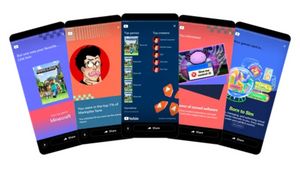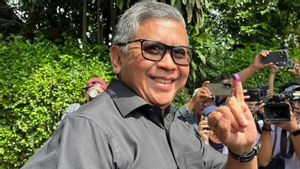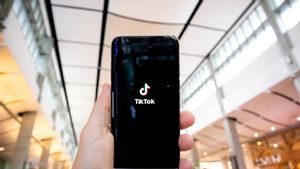The Nigerian Central Bank (CBN) lifted a ban on transactions in cryptocurrencies while stating that the global trend is showing the need to regulate such activities, as explained in its latest circular.
In February 2021, the Central Bank of Nigeria banned banks and financial institutions from dealing with or facilitating crypto asset transactions, citing the risk of money laundering and financing terrorism.
Later, the Nigerian Securities and Exchange Commission (SEC) in May last year published regulations for digital assets signaling that Africa's most populous country is trying to find a middle ground between an absolute ban on crypto assets and their unregulated use.
In the circular dated December 22, CBN said the current trend globally demonstrates the need to regulate the activities of virtual asset service providers (VASPs), which include cryptocurrencies and crypto assets.
The latest guidelines explain how banks and financial institutions (FI) must open accounts, provide a specified settlement account, and settlement services, and act as channels for for forex inflows and trades for companies conducting crypto asset transactions.
VASP must obtain a license from the Nigerian SEC to engage in the crypto business.
SEE ALSO:
"From the start of this regulation in effect, FI will not open or allow the operation of every account by each person or entity to carry out a virtual/digital asset business unless the account is specified for that purpose and opened in accordance with the requirements of this Guideline," said CBN.
However, banks are still prohibited from trading, storing, or making transactions with cryptocurrencies, CBN explained.
Nigeria's young and advanced population in technology has enthusiastically adopted cryptocurrencies, for example by using peer-to-peer trading offered by crypto exchanges to evade the financial sector.
New York-based blockchain research firm Chainalysis, in a September report stated that the volume of crypto transactions in Nigeria grew 9% year-over-year to $56.7 billion between July 2022 and June 2023.
The English, Chinese, Japanese, Arabic, and French versions are automatically generated by the AI. So there may still be inaccuracies in translating, please always see Indonesian as our main language. (system supported by DigitalSiber.id)
